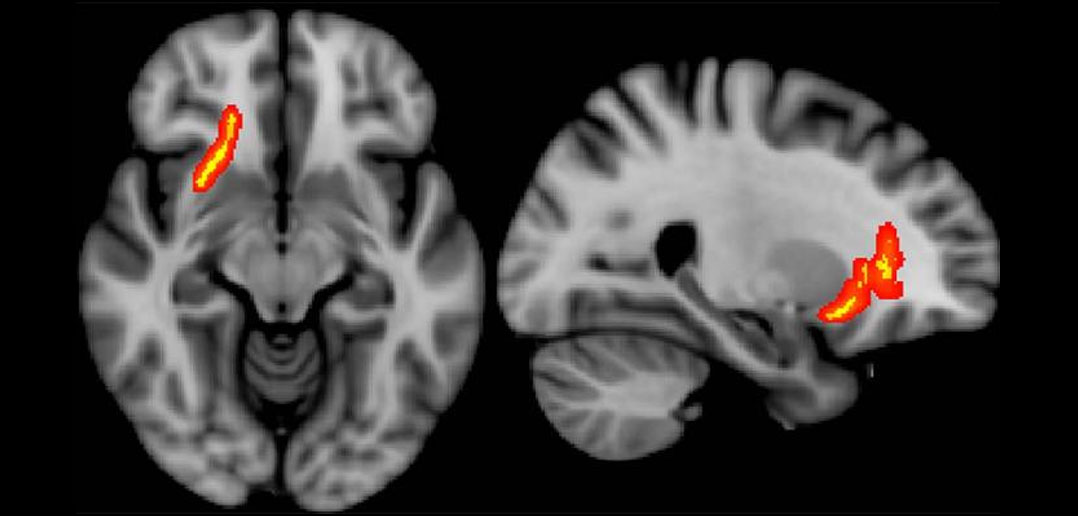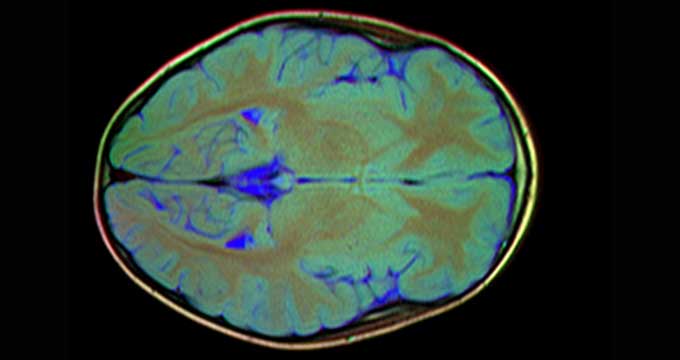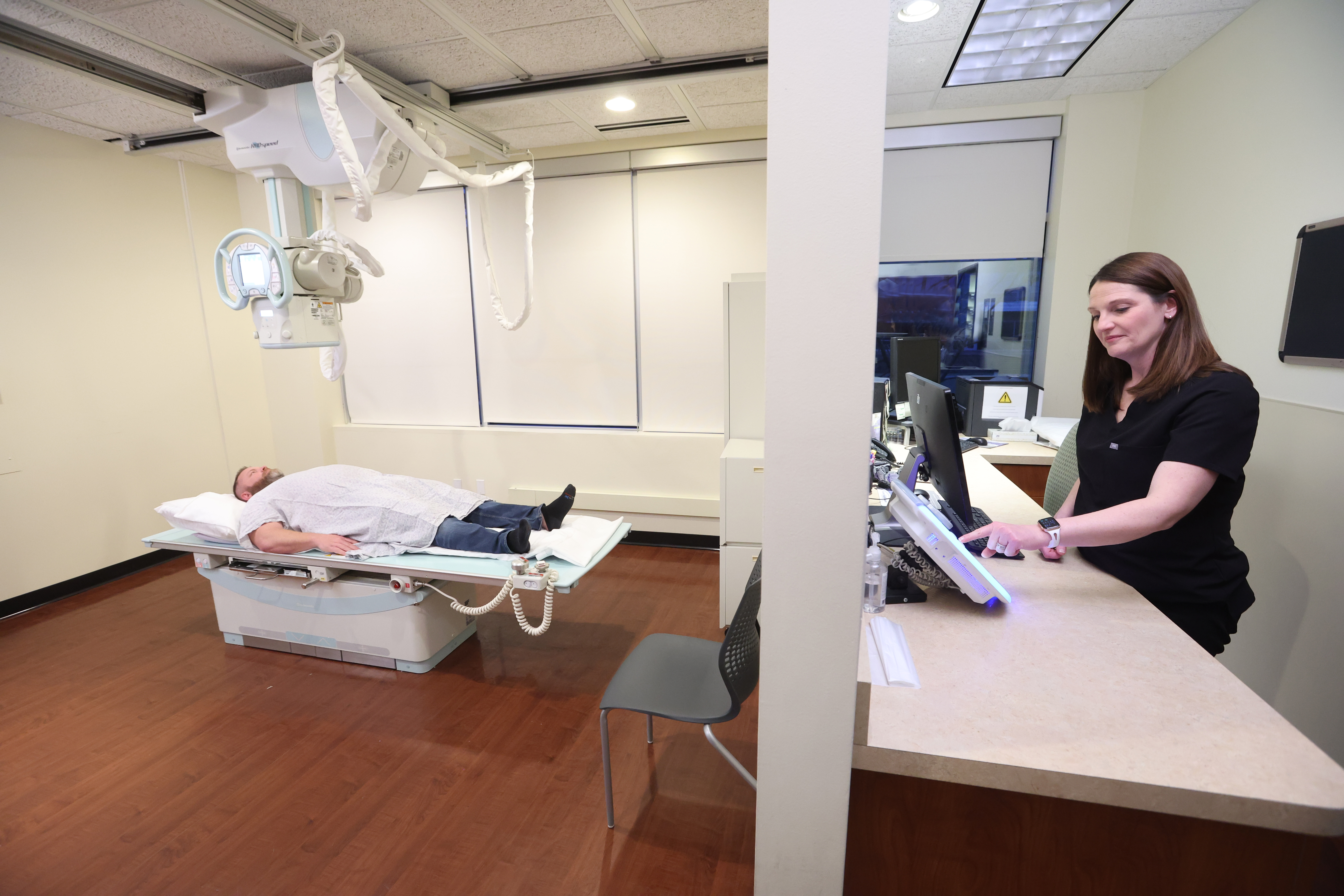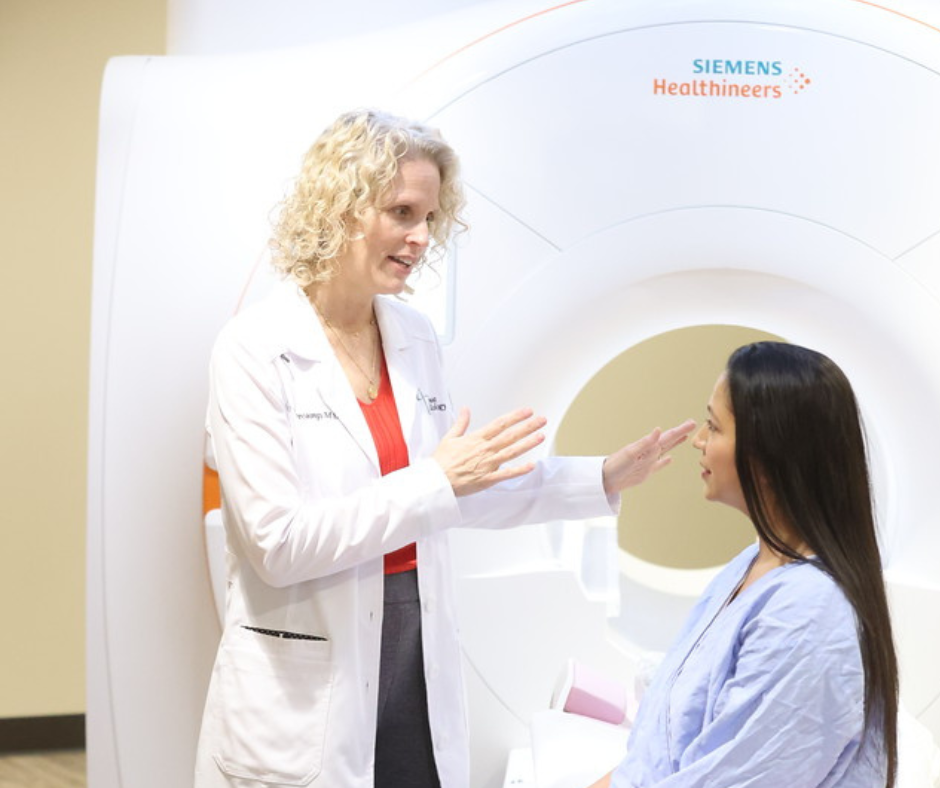Iowa Radiology
Recent Posts
The Role of Sedatives in Brain MRI Exams
Jun 22, 2023 12:45:00 PM Posted by Iowa Radiology
Brain MRI can be an invaluable tool for the diagnosis and monitoring of a variety of conditions. However, some patients find it extremely difficult to successfully complete the procedure. That’s because MRI can involve extended...
Brain MRI—Why, How, & What It Can Tell Your Doctor
Apr 27, 2023 11:00:00 AM Posted by Iowa Radiology
Screening for Osteoporosis with a DEXA Scan
Mar 31, 2023 11:34:54 AM Posted by Iowa Radiology
Osteoporosis affects an estimated 10.2 million people over the age of 50 in the US. The condition causes bone fragility due to deterioration and loss of density, resulting in fractures for approximately half of women and a third...
What Can a Chest X-Ray Tell Me?
Mar 3, 2023 1:49:00 PM Posted by Iowa Radiology
A chest X-ray can provide valuable information about the condition of your heart, lungs, and surrounding structures. Doctors often order them to investigate respiratory or cardiac symptoms or to check for damage after a chest...
Early Lung Cancer Detection
Jan 30, 2023 11:25:58 AM Posted by Iowa Radiology
Lung cancer is the leading cause of cancer death and the second most common type of cancer in the U.S.[1] One of the reasons lung cancer is so deadly is that symptoms often don’t appear until the disease has reached an advanced...
What’s the difference between CT and MRI?
Jan 2, 2023 10:07:00 AM Posted by Iowa Radiology
Computed tomography (CT) and magnetic resonance imaging (MRI) are frequently used by medical professionals to visualize internal body structures. Both technologies are capable of producing detailed three-dimensional images, and...
When Should I Seek Help for Pelvic Pain?
Dec 30, 2022 10:31:01 AM Posted by Iowa Radiology
Both men and women experience pelvic pain for a variety of reasons. In many cases, pelvic pain goes away on its own. Sometimes, however, it can be a sign of a serious or chronic condition that needs treatment. Below are some of...
When and How Often Should You Be Screened for Breast Cancer?
Dec 19, 2022 9:15:00 AM Posted by Iowa Radiology
When should mammography begin?
In recent years, differing guidelines for mammography screening offered by various groups of medical professionals have sparked confusion among patients. With a range of professional opinions, it...
How Do I Know If I’m Infertile?
Dec 7, 2022 10:40:25 AM Posted by Iowa Radiology
Fertility Changes Over Time
If you’ve been trying to get pregnant, you may be surprised at how long it can take. While women tend to be most fertile in their 20s, many in the U.S. have been waiting longer to start their families....
Life After Menopause: Coping with The Effects of Low Estrogen
Nov 5, 2022 10:15:00 AM Posted by Iowa Radiology
Menopause and the years of shifting hormone levels that lead up to it (called perimenopause) cause changes in the body that affect both mental and physical health. Decreasing levels of estrogen and progesterone influence not just...


.png)

.png)

-png.png)




